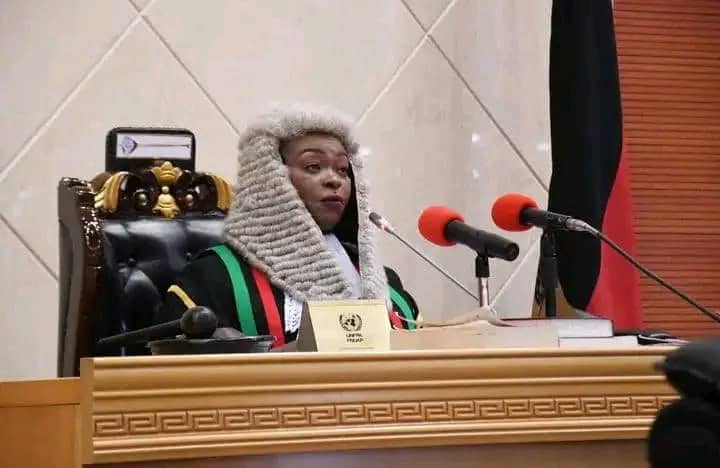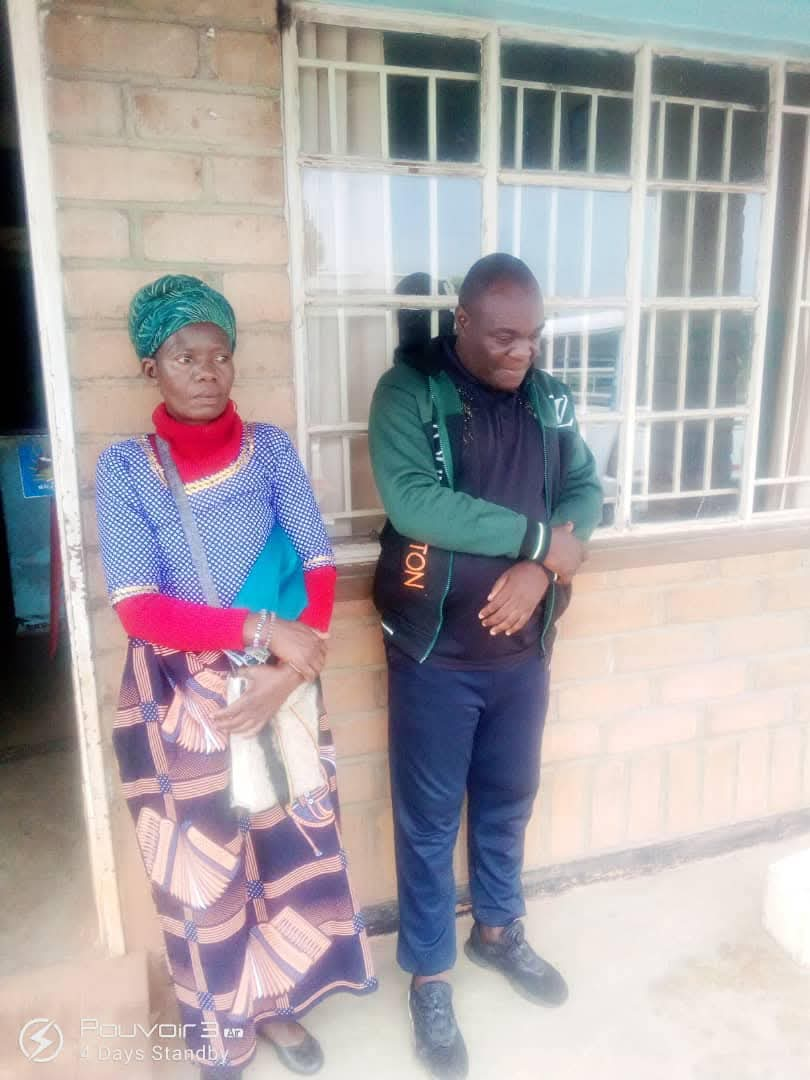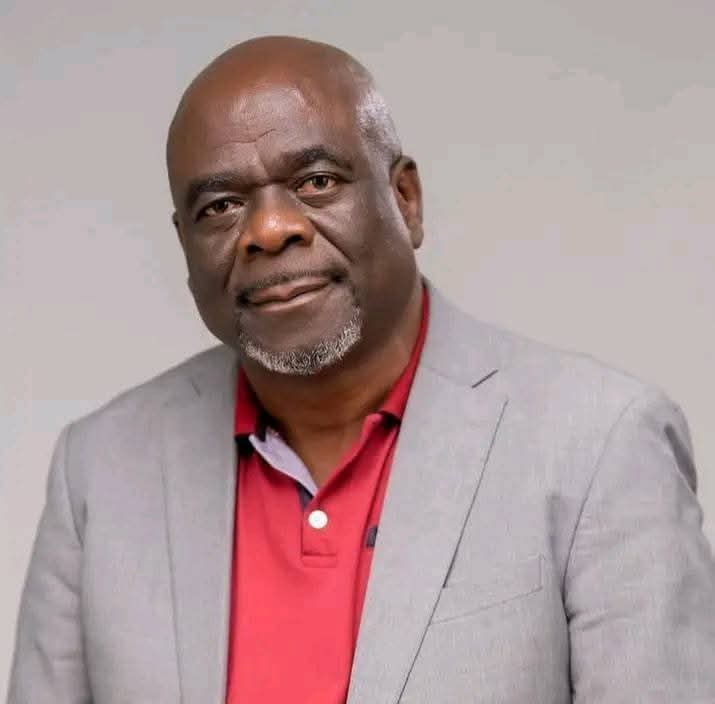By Twink Jones Gadama
Catherine Gotani Hara, the current Speaker of the National Assembly of Malawi, has found herself at the center of a storm of criticism that questions her competence and impartiality in one of the most crucial roles in the country’s democratic framework. The role of the Speaker is pivotal in ensuring that parliamentary procedures are followed, that debates are conducted fairly, and that the rights of all members of parliament (MPs) are upheld. However, under Gotani Hara’s leadership, many have begun to argue that she has failed to fulfill these responsibilities, leading to a perception that she may be the worst speaker not only in Malawi but potentially in Africa.
The criticism against Gotani Hara is not merely anecdotal; it is rooted in a series of procedural irregularities and a perceived bias towards her party, the Malawi Congress Party (MCP). This has raised serious concerns about the integrity of the legislative process in Malawi. The role of the Speaker is to act as a neutral arbiter, ensuring that all voices in the parliament are heard and that the legislative process is conducted in accordance with established rules and regulations. However, many observers argue that Gotani Hara has prioritized the interests of her party over the principles of democracy and parliamentary procedure.
One of the most significant criticisms has come from the Leader of the Opposition, George Chaponda, who has publicly lamented the manner in which bills are being passed in the National Assembly. Chaponda’s concerns highlight a broader issue regarding the scrutiny of legislation, which is essential for a functioning democracy. The legislative process is designed to allow for thorough debate and examination of proposed laws, ensuring that they are in the best interest of the public. However, the allegations of unprocedural bill passing under Gotani Hara’s watch suggest a troubling trend where the urgency of party agendas takes precedence over due process.
The implications of this situation are profound. When bills are passed without proper scrutiny, it undermines the very foundation of democratic governance. Laws that affect the lives of citizens are being enacted without the necessary debate and consideration, leading to potential negative consequences for the populace. This not only erodes public trust in the legislative process but also raises questions about the accountability of elected officials. If the Speaker is perceived as failing to uphold the integrity of the parliamentary process, it can lead to a broader disillusionment with the political system as a whole.
Moreover, the perception that Gotani Hara is more concerned with protecting her party than with serving the interests of the nation further complicates her position. The Speaker’s role is not to be a partisan player but to facilitate a fair and balanced legislative environment. When the Speaker is seen as biased, it can create an atmosphere of hostility and division within the parliament, making it increasingly difficult for constructive dialogue to take place. This is particularly concerning in a country like Malawi, where political tensions can run high and where the need for collaboration and consensus-building is essential for national progress.
The call from Chaponda for the president not to assent to bills that have not been properly scrutinized is a significant one. It underscores the importance of checks and balances within the government and highlights the role of the executive in ensuring that the legislative process is respected. If the president were to heed this advice, it could serve as a critical intervention to restore some level of integrity to the legislative process. However, it also raises questions about the relationship between the executive and legislative branches of government and whether there is a willingness to confront the issues that have arisen under Gotani Hara’s leadership.
Critics of Gotani Hara have also pointed to her lack of experience and preparedness for the role of Speaker. While she may have had a political career prior to her appointment, the responsibilities of the Speaker require a deep understanding of parliamentary procedure, a commitment to impartiality, and the ability to manage complex debates. If Gotani Hara is perceived as lacking in these areas, it raises concerns about her ability to effectively lead the National Assembly. The Speaker must be a figure of authority and respect, someone who commands the confidence of all members of parliament, regardless of their political affiliation. If this confidence is lacking, it can lead to a breakdown in the functioning of the parliament.
The situation in Malawi is not unique; it reflects a broader trend seen in various democracies where the integrity of parliamentary processes is called into question. The role of the Speaker is critical in maintaining the health of a democracy, and when that role is compromised, it can have far-reaching consequences. The challenges faced by Gotani Hara serve as a reminder of the importance of accountability and transparency in governance. It is essential for leaders to recognize that their actions have implications beyond their immediate political interests; they shape the very fabric of the democratic process.
In conclusion, Catherine Gotani Hara’s tenure as Speaker of the National Assembly of Malawi has been marred by allegations of bias, procedural irregularities, and a failure to uphold the principles of democratic governance. The criticisms leveled against her, particularly by opposition leader George Chaponda, highlight the urgent need for a reevaluation of her role and the functioning of the parliament as a whole. If Malawi is to move forward as a democratic nation, it is imperative that the integrity of its legislative process is restored. This requires a Speaker who is committed to impartiality, transparency, and the principles of democracy. As it stands, Gotani Hara’s leadership raises serious questions about the future of parliamentary governance in Malawi and serves as a cautionary tale for other democracies facing similar challenges.




